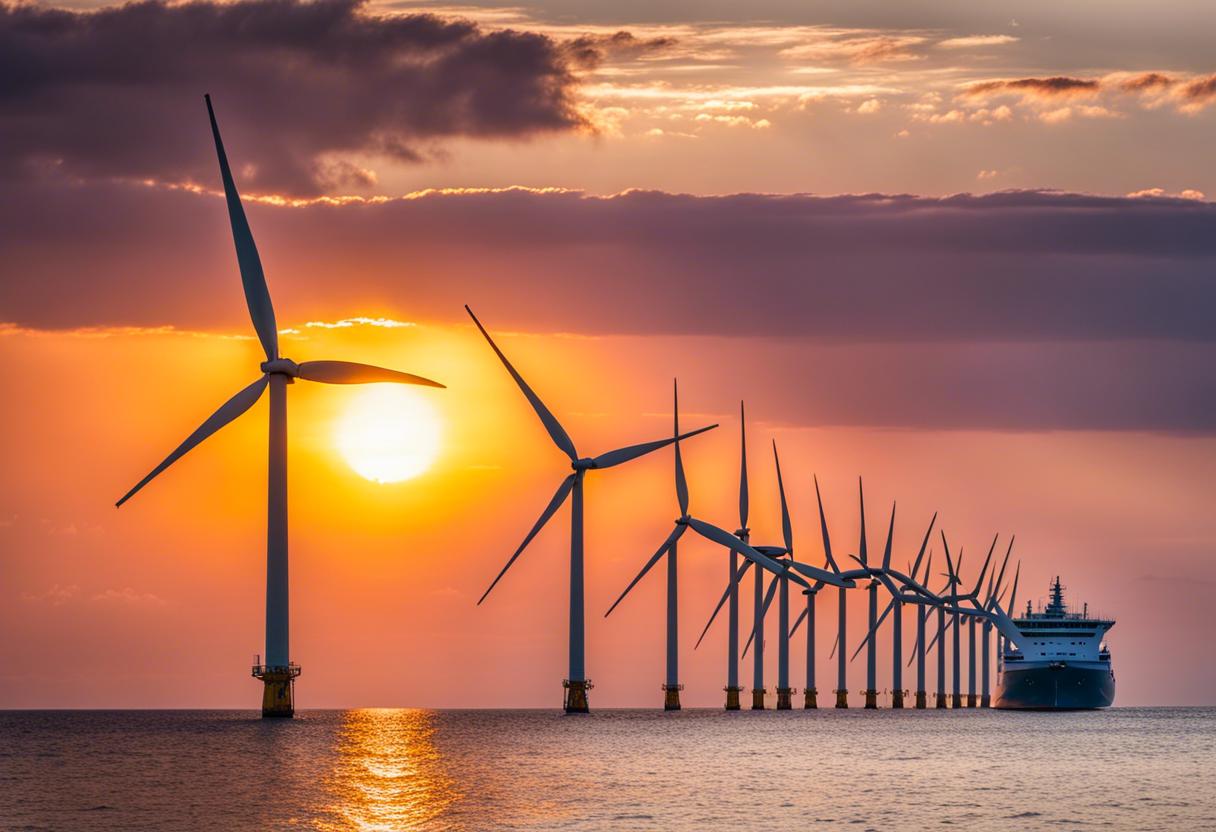The future of renewable energy in Ireland is at a pivotal stage of procuring the appropriate conditions for offshore wind energy firms. This apt environment requires a blend of policy, regulation, and well-timed contract issuances via auctions. Despite facing a few challenging years with strenuous market conditions, there has been identifiable improvement in the sector: increasingly explicit government and EU regulations, consent for additional projects, and expansion in European turbine production.
Firstly, there are already early-stage Irish offshore schemes in the works. These plans, backed by significant funding, involve deploying fixed-bottom turbines close to the shore. There is also growing recognition of the evolving technology of floating turbines for use in more profound waters – a technology that the Irish government needs to grasp if it intends to reach its challenging objectives for the next few decades.
One potential obstacle is procrastination on commitments, along with unpredictable delays in delivering infrastructure. These factors, often linked to a dysfunctional planning system, may cause investor uncertainty and reroute multi-billion euro investments elsewhere. It’s argued that this is already occurring and that, due to the competitive environment, luring back investors could be challenging.
An advantage for Ireland is its globally renowned high average wind speeds and a marine area seven times larger than its landmass. Moreover, a significant investment in floating technology is due imminently.
Ireland mirrors Spain’s status in escalating offshore investment. Therefore, Ireland could potentially glean insights from Spain’s mature onshore renewable sector. Spain’s port development anticipating offshore wind farms off northern Spain epitomises its strategic approach, with sustained investment creating flourishing hubs in strategic locations.
However, Ireland still has a long way to achieving the efficiency demonstrated by European clean energy powerhouses like Spain, Denmark, the Netherlands, and France. Up to this point, the various Irish government departments haven’t always displayed the necessary cohesion to accomplish efficient decarbonisation. Although a special task force to speed up development has made some progress, there’s still a significant amount to do.
Now, it is necessary to pinpoint locations for offshore development off the South, East, and West coastlines, with an additional offshore bidding set to take place by the close of the year. Successfully executing this in a timely manner could offer the assurance that investors require. Likewise, efficient management of the planning system for these large-scale projects is equally important.

